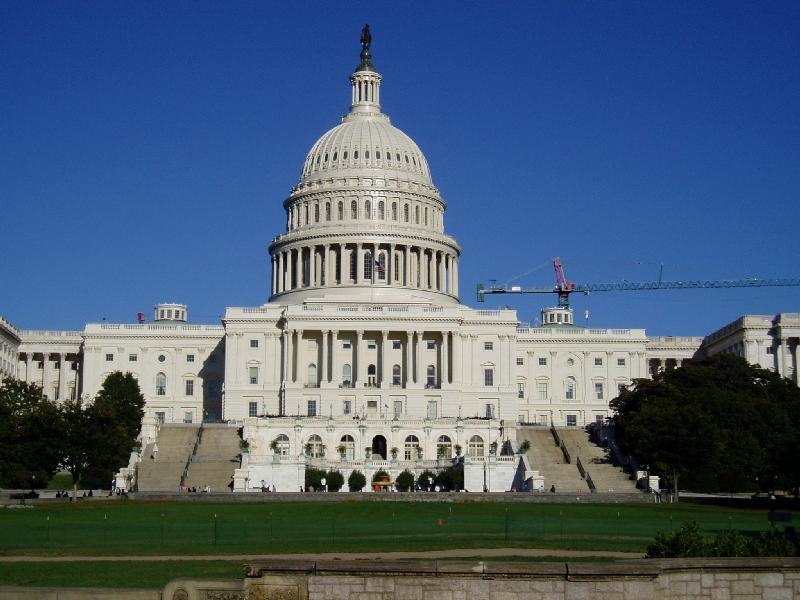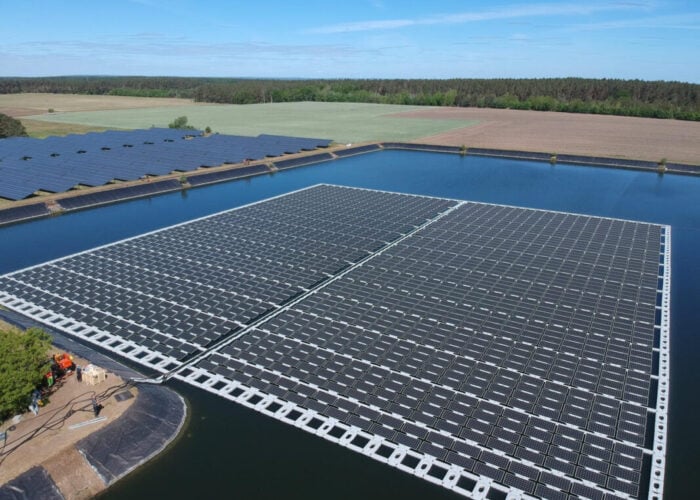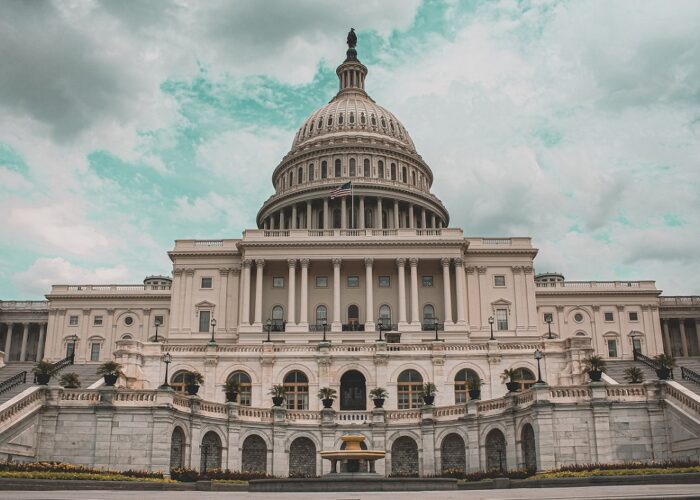
The US Senate has advanced a new bipartisan infrastructure bill that would establish US$550 billion in new infrastructure funding as part of an investment described as “once-in-a-generation”.
Among swathes of investment earmarked for road building and other transport improvement programmes, the infrastructure bill allocates up to US$73 billion in renewable infrastructure investment.
Unlock unlimited access for 12 whole months of distinctive global analysis
Photovoltaics International is now included.
- Regular insight and analysis of the industry’s biggest developments
- In-depth interviews with the industry’s leading figures
- Unlimited digital access to the PV Tech Power journal catalogue
- Unlimited digital access to the Photovoltaics International journal catalogue
- Access to more than 1,000 technical papers
- Discounts on Solar Media’s portfolio of events, in-person and virtual
It includes the creation of a new Grid Deployment Authority to build a clean, 21st century electric grid, helping more renewables connect, alongside promises to electrify thousands of school and transit buses across the country.
While funding will facilitate thousands of miles of new power transmission lines and other infrastructure to accommodate greater quantities of renewables power in the US, specific solar supports, such as the investment tax credit extension, are absent – although it’s thought they could be introduced via a budget reconciliation act later in the year.
If the bill does pass the Senate, it must also be considered in the House of Representatives.
In a statement, President Joe Biden said: “This deal signals to the world that our democracy can function, deliver, and do big things… Americans will build transmission lines and upgrade our power grid to be more resilient and cleaner.
“American workers will make a historic investment to install the first-ever national network electric vehicle charging stations and undertake critical environmental clean ups.”
Gina Raimondo, secretary of commerce at the US Department of Commerce, said the US was one step closer to making a “historic investment” in the US’ infrastructure.
Earlier this week more than 140 business leaders penned an open letter to the US Congress, stating that the bill was “desperately needed” to renew the nation’s infrastructure.
They added that it would “leverage significant private investment and generate a strong return for the federal government”.
On the same day (26 July), Warren Buffett’s Berkshire Hathaway Energy joined the signatories’ call in support of advancing the bipartisan infrastructure framework.
The bill “will catalyse transmission planning, siting and investment for critical interregional connections, resulting in a more resilient grid and accelerating the delivery of clean, reliable, affordable energy to communities across the country,” it said in a company statement.
It also called for additional legislation to “provide a durable and supportive tax regime to [incentivise] further investment in clean energy generation, transmission and energy storage”.
Last month the White House said the plan amounted to the “single largest investment in clean energy transmission in American history”, and it signifies significant progress for large-scale solar and renewable projects.
Alongside facilitating the expansion of renewable energy, the deal will invest in research and development for advanced transmission and electricity distribution technologies, promoting smart grid technologies that deliver flexibility and resilience.
It will also invest in demonstration projects and research hubs for next generation technologies like advanced nuclear reactors, carbon capture, and clean hydrogen.
Speaking during a webinar hosted by ROTH Capital last week, former head of the Solar Energy Industries Association (SEIA) Rhone Resch said the ITC extension was likely to be introduced at the 30% level, with the addition of a tax credit for standalone storage also introduced.
However Resch also said that due to limitations of the budget reconciliation process, which forbids measures from impacting on the country’s deficit for longer than ten years, a 10-year ITC extension was now less likely, while direct-pay options could also be capped at 85% of total value.
This article has been amended from its original version to clarify that the infrastructure bill has not yet been passed by the Senate. A final vote on the bill is expected in the coming days.







